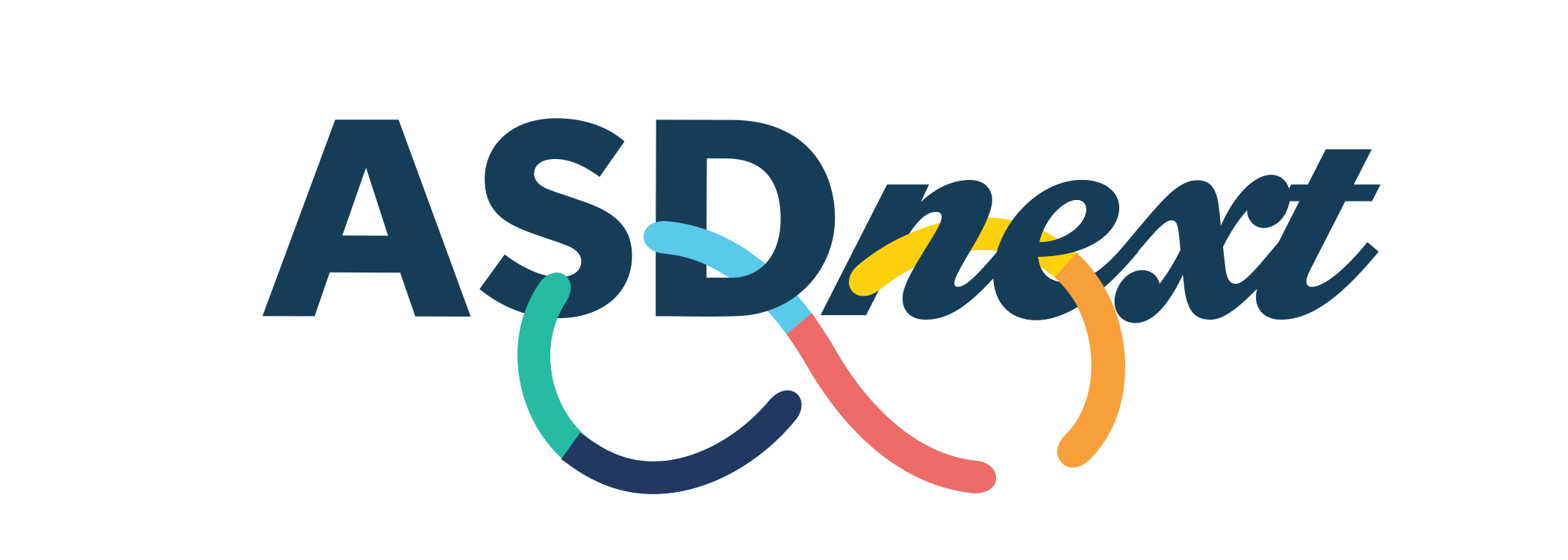Presented by Nina Wall, M.S.S., LSW, Director, Bureau of Autism Services
Presented by John Miller
Adults with autism face many obstacles to establishing stability and independence in their lives. Drawing on his own experiences, the presenter explores the skills and strategies that are needed for a successful transition to independent adulthood. The presentation is wide ranging, examining education, finding and keeping a job, making friends, relationships and managing finances. Attendees learn how, through practical steps, an individual with autism can develop the skills, tools and self-confidence needed to succeed.
Presented by Luis Ramírez, MSW, LCSW
Intersectionality is defined as a tool that allows clinicians to think about systemic oppression in a broad context and emphasizes individual’s experiences in an effort to understand PRIVILEGE and POWER. This workshop can help providers to gain a better understanding of intersectionality and social location, as well as how to use intersectionality as a framework to promote social justice in their practice with LGBTQ identified clients. Participants can explore their own identities through an activity called social location; they can explore the way their identities are connected with dimensions of privilege and oppression, as well as the impact of their social location on their practice with LGBTQ identified clients. This activity can provide attendees with an exercise in self-awareness of different dimensions of privilege, and provide language to engage in conversations around the ways that the LGBTQ identity intersects with other social identities (e.g., race, class, ability, immigration experience, etc.).
Presented by John Miller
The concept of normality disproportionately influences how we perceive people. Too often when the concept of normal is applied it is used to marginalize, stereotype and even malign those who don't meet the standard set by society. However, the reality is much more complicated. Mr. Miller shows that the concept of normality is not only subjective, but is really non-existent. It is influenced by many factors like environment, society, and locus among other factors. Participants are taken on a journey of stereotypes of individuals with autism in comparison to others in society. They are shown that reality is quite different from our perceptions. Qualities that are derided in people with ASD are applauded in neuro-typicals. Other behaviors portrayed as autistic are not as prevalent. Instead of attaching subjective labels the presenter shatters stereotypes and portrays individuals with autism as eminently very human.
Presented by Nancy Minshew, M.D.
In this presentation, Dr. Minshew describes the advances in understanding cognitive, brain and genetic basis of autism, current key questions under investigation and the evidence that the brain in autism is plastic across the life span and thus responsive to treatments. New treatments are coming to practice though dissemination remains an obstacle to availability. These treatments have been demonstrated to not only address challenging behavior and improve function but also to change brain circuitry. As a result, improvements are sustained over years. These new interventions focus on learning while doing, practice in daily life, and long time frames. Direct brain stimulation approaches from the scalp also show considerable promise for changing treatment in the next decade.
Presented by Bruce Davis, Ph.D.
People with ASD form a group with many common characteristics, but widely divergent skills and abilities as well. Valid assessment and intervention planning are needed to provide appropriate behavioral and mental health supports.
Descriptions of behavior tell us very little about why it occurs. Challenging behavior is the final common pathway for a whole host of diverse factors. Multi-Modal Assessment practices are used to explain how these factors merge together to cause challenging behavior in persons with ASD.
Multi-modal functional assessment allows for the development of individualized supports to enable persons with ASD to achieve and maintain a satisfying quality of life. This presentation identifies general strategies to address common causes of challenging behavior, and solutions to some particularly difficult cases. A list of tips for implementing behavior change plans to keep things safe and ensure that the person’s rights are protected is provided.
Presented by Wanda Mandell, Psy.D.
Biofeedback is a mind-body technique that has been around 50 years, yet it remains a bit of a fuzzy concept for many people. Biofeedback has wide benefits, stretching from medical science to mood modulation to athletics. This presentation provides an introduction to the theory and technique of biofeedback and to the numerous modalities and devices used for stress reduction.
Presented by Stephen Shore, Ed.D
Join Stephen in his mission of improving the lives of individuals with autism through exploring the “3 A’s of Autism” that individuals, organizations, and even entire countries experience. Stephen’s autobiographical structure incorporates the experiences of others on the autism spectrum, in making fulfilling and productive lives for individuals with autism the rule rather than the exception. Participants will be charged to reframe their thinking by moving away from deficit and disorder towards seeking abilities based on individual strengths. The session ends with generalizing a focus on strengths-based thinking to the rest of humanity – including the audience themselves.
Presented by Shana Williams
This workshop helps providers to get familiar with terminology about the LGBTQ experience and the multiple intersected identities that influence their lives. Providers can reflect on the systemic barriers that are present in the lives of LGBTQ people. In addition, providers can reflect on possibilities to become an ally and create affirming spaces for LGBTQ people in personal and professional spaces.
Presented by Gregory Cherpes, M.D.
Improving communication with the behavioral health clinician and other medical professionals can have a direct impact on the quality of care an individual receives. This presentation reviews components of behavioral health and treatment, with considerations for psychiatric assessment. Participants can gain an understanding of what to expect during an evaluation or follow-up appointment with a behavioral health clinician as well as learn effective ways of communicating information important in making treatment decisions. The result will be strategies to take a specialized approach and enhance professional competence when obtaining consultation and making referrals.



